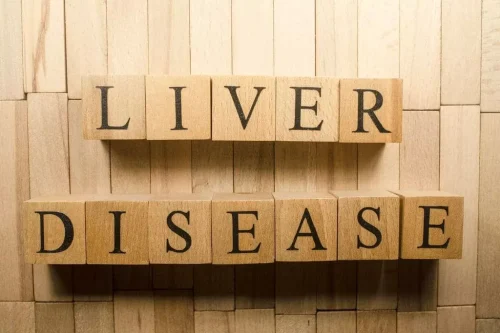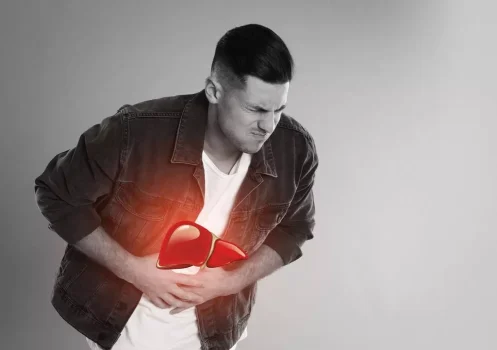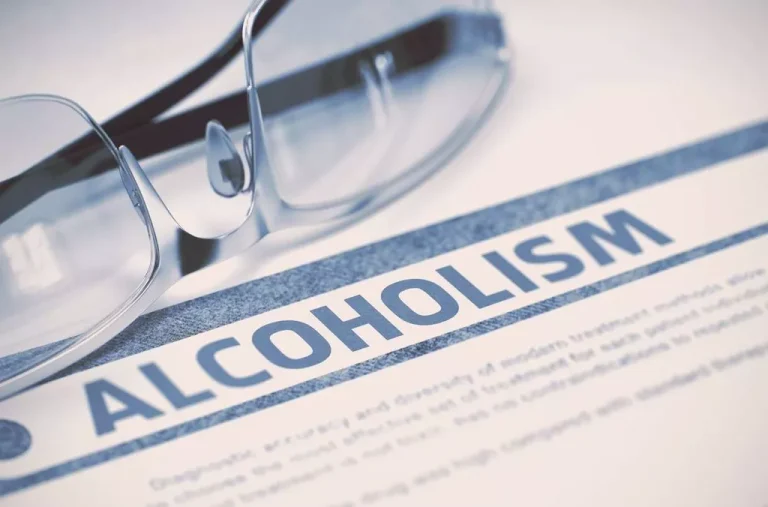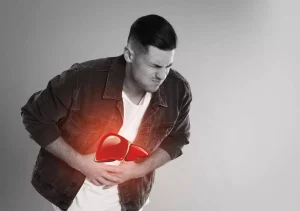
Some of the main effects of alcohol intoxication involve disinhibition, increased impulsivity (loss of self-control), and behaviors focusing on current thoughts, feelings, or emotions without regard for social alcohol rehab norms. Compared to those without them, people with anxiety disorders—mental health conditions that cause frequent worry and panic—have lower levels of zinc, iron, and selenium. It might seem like a drink or two helps a person relax and sleep, but this is not what’s actually happening, and drinking will undoubtedly negatively affect your sleep. According to Harvard Medical School, alcohol causes the body to raise its level of epinephrine—a stress hormone—and this will increase the heart rate and stimulate the body overall. It’s believed that alcohol might be the reason for as much as 10% of persistent insomnia cases.
Preventing Alcohol-Induced Seizures

Diagnosing alcohol-induced seizures requires a comprehensive evaluation involving a combination of medical history, physical examination, and diagnostic tests. In addition, in experiments with recombinant GABAA receptors, low concentrations of GABA were not found to affect the most abundant GABAA-receptor isoforms, which contain the γ2 subunit. Recently, however, it has been discovered that GABAA receptors containing the δ subunit, in particular α4β2δ (36) and α6β2δ (37) receptors, are exceptionally sensitive to ethanol. Because δ subunit–containing GABAA receptors have a highly specific regional distribution, the lack of uniformity in the experimental results is now understandable.
Signs of Alcohol Abuse and Addiction
- Most of the time, because drinking enhances GABA’s effects, the brain is even more relaxed than normal.
- According to the National Survey on Drug Use and Health, 85 percent of adults reported having drank alcohol at some point in their lifetime, and 69 percent reported that they drank within the past year.
- Professionals will evaluate your withdrawal symptoms, provide medications if needed, and offer emotional support.
- However, those with a history of heavy or prolonged alcohol use can develop severe alcohol withdrawal symptoms.
Alcohol detox can go from unpleasant to being life-threatening very quickly. And without proper medical supervision, permanent damage from alcohol seizures or death from respiratory or heart failure are possible. These happen when you stop drinking after a long period of excessive drinking. The body becomes accustomed to operating under the influence of alcohol, so when it stops processing alcohol, it begins to operate abnormally as it attempts to return to its baseline behavior. If you have a more severe chemical dependence on alcohol, you may experience more severe symptoms more quickly.

Tips to Cut Down on How Much You Drink
Alcohol seizures are an unusual symptom of alcohol withdrawal and indicate that the person going through withdrawal is likely at risk for more severe symptoms, such as delirium tremens. If you’re experiencing seizures due to alcohol withdrawal, it’s highly recommended that you talk to a medical professional about getting treatment for alcohol withdrawal. Alcohol seizures typically occur between 24 and 48 hours after the last time the person has drank alcohol, and can last for several days. In this stage of alcohol withdrawal, fever, insomnia, anxiety, irritability, nightmares, and seizures can occur. Loss of appetite and general mood swings are common, as the levels of behavioral chemicals in the brain vary rapidly while going through withdrawal.

How Long After You Quit Drinking Can You Experience a Seizure?
- Alcohol consumption or withdrawal may trigger seizures in those with epilepsy.
- Seizures are a potential withdrawal symptom that can be prevented if you drink in moderation.
- The physical symptoms of withdrawal, such as shaking or sweating, usually fade within a week.
- Although alcohol makes you fall asleep faster, it interrupts your natural sleep-wake cycle (or circadian rhythm).
- However, emotional and mental challenges, like anxiety, cravings, or mood swings, can last much longer.
Your symptoms will need to be monitored carefully to ensure your health is not in danger. During medically supervised detox, staff will check things like your heart rate, alcohol withdrawal seizure blood pressure, and fluid levels to make sure things are progressing well. While you’re in inpatient treatment, you may also be treated with IV fluid, which can help keep you hydrated through the withdrawal process. Medical detox programs may also involve therapies to address alcohol use disorders. Individual and group therapy sessions can help to address some of the underlying causes of your alcohol addiction. If you seek treatment for an alcohol use disorder, you will likely begin with a medical assessment.
When Are You Most at Risk for Withdrawal Seizures?
This site is for informational purposes only and is not a substitute for medical advice, diagnosis, or treatment. It should not be used in place of the advice of your physician or other qualified health providers. Always seek your physician’s advice with any questions or concerns regarding a medical condition.
